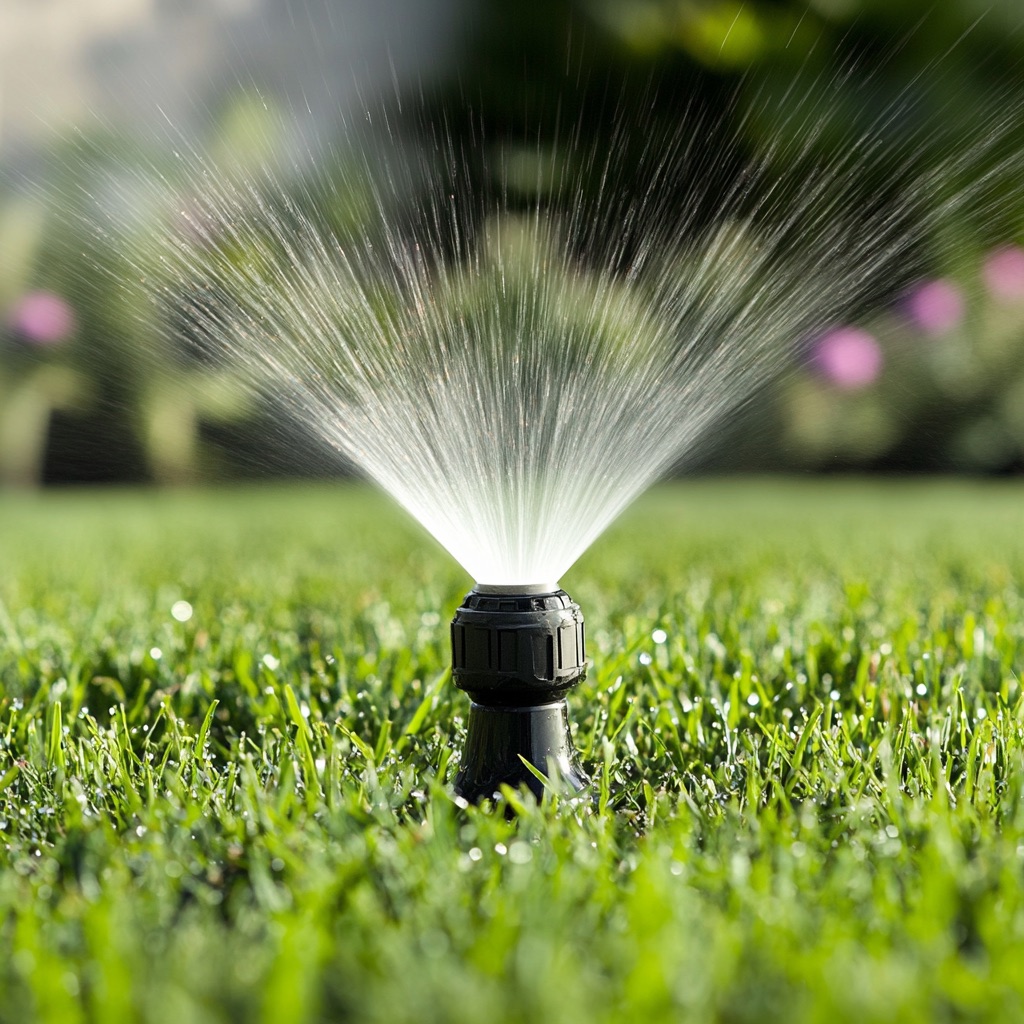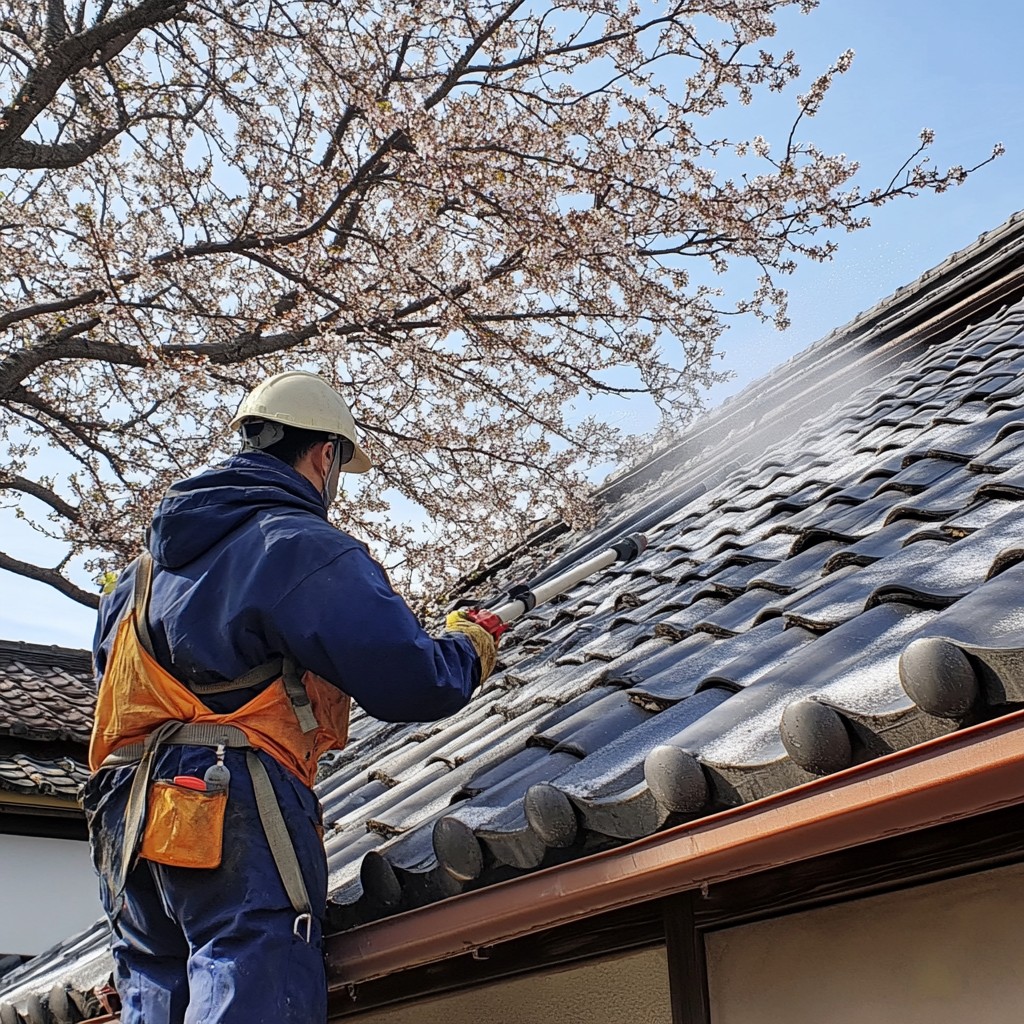Last updated on
Yes, rusted metals can be recycled since rust, which is iron oxide, doesn’t alter the underlying properties of the metal.Commencing the comprehensive guide on recycling rusted metal: Rust is merely a cosmetic issue which does not interfere with the recyclability of the metal, so it’s safe to include rusted items in your recyclable waste. Although rusted metal items may appear worn out or useless, they retain their fundamental qualities and can be melted down and reused just like their non-rusted counterparts. Moreover, recycling rusted metal helps to conserve natural resources, reduce greenhouse gas emissions, and contribute to the economy through the creation of jobs in the recycling industry. One important detail to remember, however, is that not all recycling facilities possess the right machinery to handle rusted metals, so it’s advisable to contact your local recycling center to verify their capabilities. With strategic and responsible handling, all rusted metal products can enjoy a second life and continue in the usage cycle, thus reducing our environmental footprint.
Key takeaways:
- Rust does not hinder the recyclability of metal.
- Recycling centers can handle and remove rust from metals.
- Separating metals before recycling streamlines the process.
- Some recycling centers may have specific guidelines for rusted metal.
- Recycling rusted metal conserves resources and reduces energy consumption.
What Is Rust?
Rust is the common name for a very specific chemical reaction that involves iron, oxygen, and moisture. Known scientifically as iron oxide, rust forms when iron, found in the composition of many metals, is exposed to oxygen and water for a period of time.
The result is a reddish-brown flaky coating on the surface of the metal, which can become pitted and brittle over time. The process is gradual and can weaken the structural integrity of the metal item in question, especially when left unchecked.
It’s important to note that only metals containing iron, such as steel, can rust; other non-iron metals may corrode, but they do not form rust.
Rust and Recycling
When pondering the recyclability of rusted metals, it’s essential to understand that rust is simply iron oxide, a compound resulting from iron or steel reacting with oxygen and moisture.
While rust affects the metal’s appearance and structural integrity, it does not fundamentally change the metal’s recyclability.
Recycling facilities are equipped to handle rusted metals, often starting the process by shredding the material to expose clean metal surfaces.
From here, powerful magnets separate ferrous metals like iron and steel for further processing.
The cleaning and melting stages inherent in recycling purify the metals, removing impurities including rust.
The key point is that recycling plants are designed to deal with a range of material conditions, ensuring rusted items can most often return to the production cycle, saving energy and resources in comparison to mining and refining new metals.
Can Rusty Metal Be Recycled?
Yes, rusty metal can indeed be recycled. The presence of rust on metal doesn’t significantly hamper the recycling process. During recycling, metals are melted down at high temperatures, a process that burns away rust and other impurities. Steel and iron, common metals that rust, are melted in a furnace, and the molten material is then formed into new products.
It’s important to note that separating metals before recycling helps streamline the process. Metals should be sorted into ferrous (containing iron) and non-ferrous categories. Ferrous metals are typically the ones that can rust, and having them separated makes it easier for recycling centers to handle them efficiently.
The grade of the metal can influence its recyclability. Even though most grades of steel and iron can be recycled, there might be a reduction in price for rustier items. Recyclers often pay based on quality and weight; therefore, excessively rusted metal might fetch a lower rate due to the perceived degradation in quality.
Lastly, some recycling centers may not accept metals that are excessively rusted due to the additional processing required. It’s always best to check with your local recycling facility to understand their specific guidelines and capabilities for handling rusted metal.
Stategies for Recycling Rusted Metal
When approaching the task of recycling rusted metal, several strategies can ensure effective processing. Firstly, sorting your metals is key. Separating rusted pieces from non-rusted helps recycling centers determine the best treatment process. If you have larger items, consider dismantling them. Smaller parts are easier to handle and may reduce processing time.
Pre-cleaning is another helpful step, though not mandatory. Removing loose rust and any other contaminants with a wire brush aids in the recycling process. However, remember that a spotless surface is not required; recycling facilities are equipped to handle a reasonable amount of rust.
For those with significant quantities of rusted metal, contacting a local scrap yard that has the capacity to handle bulk processing may be beneficial. They might even offer pick-up services for large loads, facilitating the recycling process for you.
Finally, always check with your local recycling guidelines. Some programs readily accept rusted metal, while others have specific instructions or do not accept it at all. Being informed ensures that your efforts support environmental sustainability and adhere to local regulations.
Recycling Scrap Metal Is an Eco-Friendly Choice
Recycling scrap metal, including rusted pieces, significantly benefits the environment. It reduces the need for mining new ore, conserving natural resources, and minimizing the energy consumption typically associated with metal production.
For example, recycling steel uses 60% less energy than producing it from raw materials. Moreover, every ton of recycled steel saves about 2,500 pounds of iron ore, 1,400 pounds of coal, and 120 pounds of limestone.
These savings demonstrate the efficiency of metal recycling and emphasize its role in promoting sustainable resource management. Additionally, by diverting waste from landfills, recycling helps to lessen the environmental impact of waste disposal, such as groundwater contamination and greenhouse gas emissions.
Embracing the recycling of rusted metal not only aids in conserving resources but also supports the circular economy, leading to a more sustainable and environmentally friendly manufacturing ecosystem.
FAQ
What can I do with old rusted metal?
Despite its rusty condition, old metal can still be recycled as the purification process during recycling effectively removes rust and other contaminants to ensure a high-quality reform.
Can I sell rusted metal?
Yes, you can sell rusted metal, but it may be valued less due to its reduced weight and some scrap yards may not accept it.
How do you recycle scraps in rust?
To recycle scraps in Rust, simply gather your unneeded items and components, visit the nearest Monument, and use a Recycler to transform your materials into valuable Scrap.
Is rusted metal still accepted by most recycling centers?
Yes, most recycling centers do accept rusted metal because it can be processed and purified to extract usable metal.
What is the environmental impact of improperly disposed rusted metal?
Improperly disposed rusted metal can harm the environment by polluting soil and water with toxic heavy metals and by taking up significant landfill space.
Are there any creative upcycling ideas for rusted metal items?
Rusted metal items can be creatively upcycled into unique garden decorations, wall art, jewelry, or even converted into a stylish piece of industrial-style furniture.
Table of Contents




